Slugs can cause considerable damage either to the lawn or garden. They love to consume almost any kind of tender vegetation, resulting in severe plant deterioration.
What are the home remedies for slugs? Several home remedies can be used to treat slugs, and among them are:
- Coffee Grounds—The scent of coffee makes the slugs think twice about invading your property. To use, just sprinkle a generous amount of coffee grounds into the affected area and wait for results. Reapply as needed.
- Beer trap—This is another home remedy option that you can use against slugs. The yeasty odor of beer attracts slugs, which can drown them if they dip into the trap.
In this guide, you will know various home remedies that you can use to manage the slug problems you are facing. In addition, you will have insights into the damage they can incur to your plants.
Table of Contents
What Does Slug Damage Look Like?
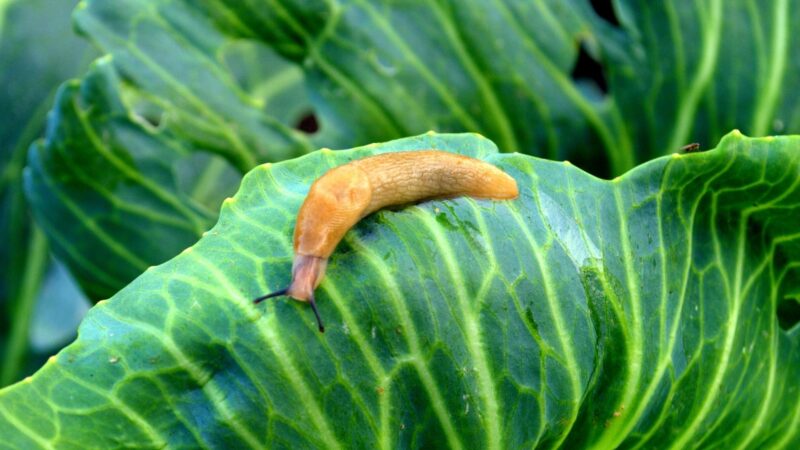
The damage of slugs comprises large, jagged holes in flowers and leaves. You can also find silver-like slime trails on the nibbled leaves.
Furthermore, you can also find several holes in various plants, like asparagus, lettuce, hostas, and several other plants. Worse, you may discover seedling leaves entirely gone and only a tiny limb surviving.
12 Home Remedies for Slugs
Some of the home remedies that you can use against slugs are:
1. Coffee Grounds
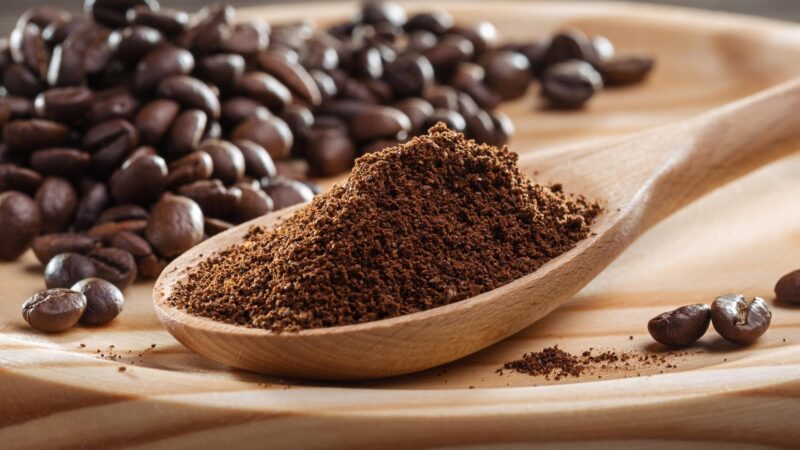
Coffee grounds can be a beneficial gardening instrument, lending acidity to excessively alkaline soils and providing valuable nutrients for plants.
But, there is another reason you may want to consider keeping your old coffee—the snails and slugs in your garden!
Snails and slugs are deemed garden pests since they consume plant leaves. As a result, your well-tended garden will incur significant damages.
Fortunately, home remedies like coffee grounds can protect your plants against slugs due to their acidity. In fact, according to the research of the USDA, one to two percent of caffeine found in coffee can kill slugs for only two days.
Just sprinkle a generous amount of coffee grounds into the soil and the affected area to fix your slug problem. Make sure to reapply as needed.
2. Beer Trap
Making beer traps is another DIY project that you can do by yourself. However, it’s best to note that there are limitations to this method.
These traps can only entice slugs within a limited capacity, so the traps must be put around every square yard.
To make beer traps for slugs, here are the easy steps to follow:
Step 1: Gather some affordable plastic containers with lids. You can also recycle margarine tubs or yogurt cans that have a suitable size for producing beer traps for slugs.
Step 2: After that, cut several holes close to the plastic container’s top. This will serve as the access of slugs to the trap.
Step 3: Conceal the receptacles in the ground at approximately one inch.
Step 4: Centralize the containers in garden locations where slugs are thriving.
Step 5: After that, pour two to three inches of beer.
Step 6: Once done, put the lids on each container and inspect the traps frequently. Add beer as required and remove lifeless slugs regularly.
3. Copper Tape
Copper is a non-toxic slug repellent. This is also practical to use as it doesn’t deteriorate over time or require reapplication after each rain.
This item is also a pet-friendly, child-friendly, and wildlife-friendly slug barrier, so there’s no reason to limit its use. This tape is used in various ways, such as the following:
- Create a barrier with copper wire.
- Use a length of copper border tape to the sides of raised soil beds.
If you own old copper pipes or scrap copper in your house, you can bend them near the plants you want to save from slugs.
So, why do slugs keep away from copper tape? When slugs accidentally crawl over the copper, this causes a chemical reaction, leaving displeasing sensations on their skin. Therefore, they evade crossing paths with copper as much as they can.
4. Slug Repellent Plants
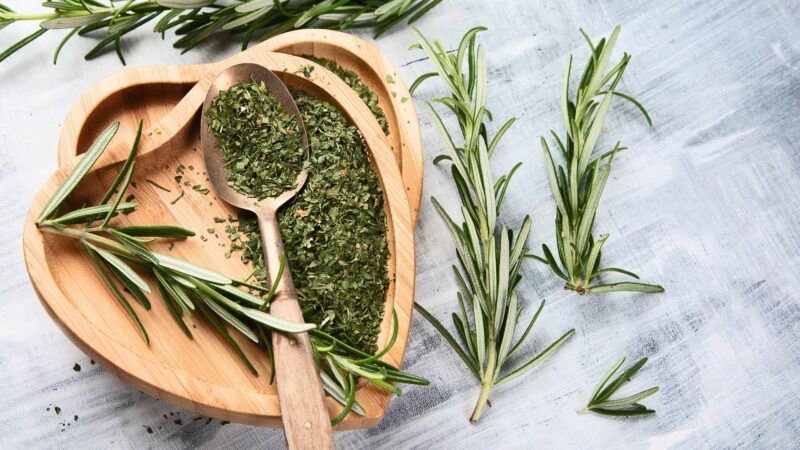
One of the best ways to repel slugs is to plant herbs that slugs hate. This includes rosemary, black-eyed Susan, and marigolds.
These plants are pleasing to look at and can prevent slugs when used as edging in the garden.
5. Eggs Shells and Sea Shells
Pulverized eggshells are a little sharp, so it’s safe to think that they can cut up the soft body of snails. However, in reality, the same substance present in diatomaceous earth is in the crushed eggshells, which deter snails from eating plants.
Using this scratches the soft body of slugs, then dehydrates them, leading to their demise. To apply, sprinkle a substantial amount of powdered eggshells on the affected areas.
6. Grape Fruit Trap
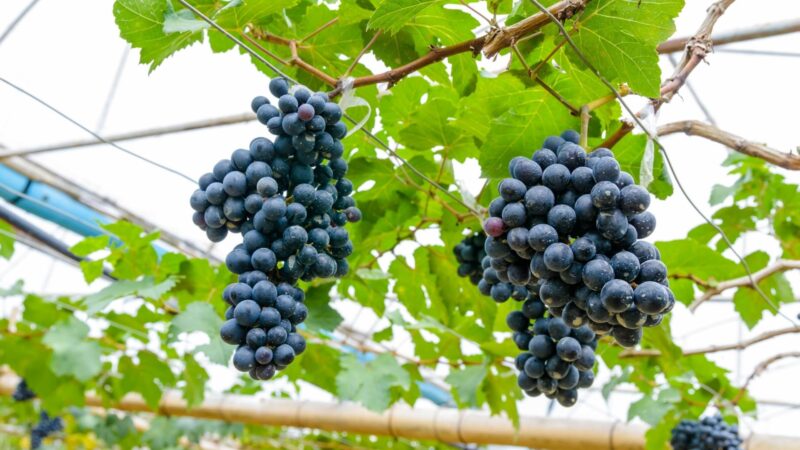
Slugs love citrus, which means you can use them as a trap. Just put several pieces of empty rids of grapefruits in an upside-down position on the affected site and wait for the result the following morning.
The rind of the grapefruit supplies food to slugs and the damp environment they love to hide. Let it sit overnight and dispose of it right away the following morning.
7. Recycled Wool Waste Pellets
Wool pellets are compressed wool of sheep that are crammed into tiny pellets. These pellets can absorb the mucus they make, deterring snails and slugs.
However, the problem with this method is that when it rains, it makes the pellets utterly useless. With that said, you have to reapply these pellets every after the rain.
8. Petroleum Jelly
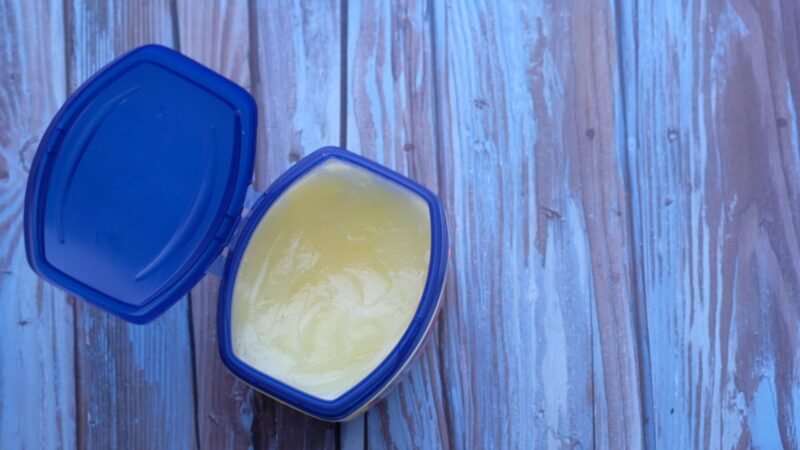
Using petroleum jelly on your potted plants can save plants against any slug damage. This is due to the slippery consistency of the item, making it hard for the slugs to climb on plants.
To use, apply the petroleum jelly around the perimeter of the flower pots or containers. You can also apply the jelly to the stalks of your plants.
9. Wheat Bran/Corn Bran
Another home remedy that you can use against slugs is wheat bran or corn bran. This contains a desiccant substance known to absorb moisture, so when consumed, death follows.
To take advantage of this, just sprinkle a generous amount of bran around your plants and flower beds. Monitor regularly if the slugs are taking your bait and wait for the result.
10. Seaweed
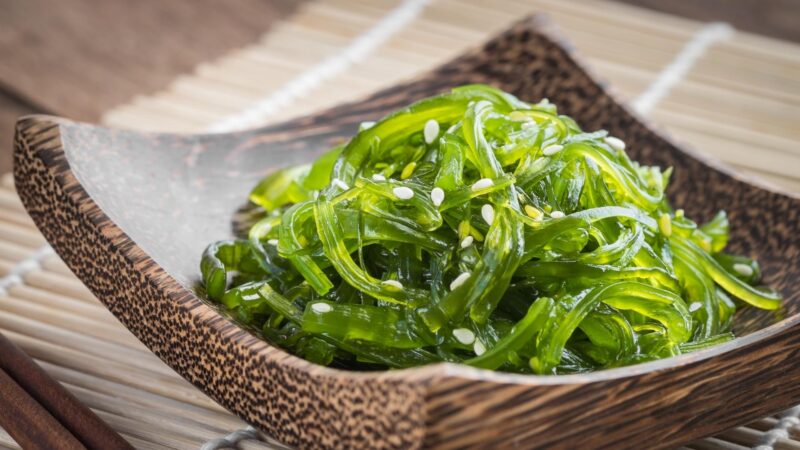
Slugs don’t like salty things, not because of their taste but mostly because of the drying property present in them. So, if you can get some seaweeds, it will help deter slugs from your garden.
Once you have it, use the seaweed as a mulch and put them around your plants’ base or on the edge of your soil bed.
However, remember not to push the seaweed close to the stems of plants to avoid it from getting affected by the seaweed’s saltiness.
11. Diatomaceous Earth
Food-grade Diatomaceous Earth has always been the go-to item of most homeowners when they encounter pests, such as slugs in their garden or lawn.
This item contains fossilized remains of diatoms, known to suck out the bodily moisture of any insects or pests once their body touched the DE powder, leading them to their death.
Wear gloves when sprinkling the DE powder into the affected areas to avoid lung and skin irritation.
12. Nature-Friendly Slug Pellets
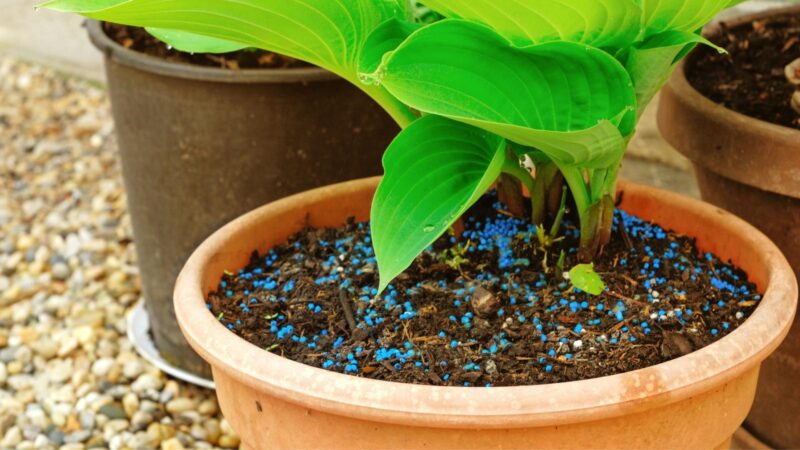
Slug pellets are known to kill snails and slugs effectively. However, many homeowners avoided its use due to its toxicity. But, there are actually nature-friendly slug pellets available in the market today, such as:
Corry’s Slug & Snail Killer
This product is safe to use around pets and children and can be put around edible fruits and veggies!
Just apply the pellets to the soil’s surface, forming a protective wall against these plant-eating creatures.
Safer Brand SB125 Slug & Snail Killer
This is another natural slug pellet product that can solve your slug issues at home. The Safer Brand SB125 Slug & Snail Killer item is pet and kid-friendly pellets, so you can assure that no harm will ever fall to your dear ones.
In fact, you can even use this one in organic gardening. To apply just create a barrier using the pellets and you’re good to go!
Summary
There you have it—the 12 home remedies for slugs! Consider using them whenever you see slugs in your yards or gardens and wait patiently for the result.